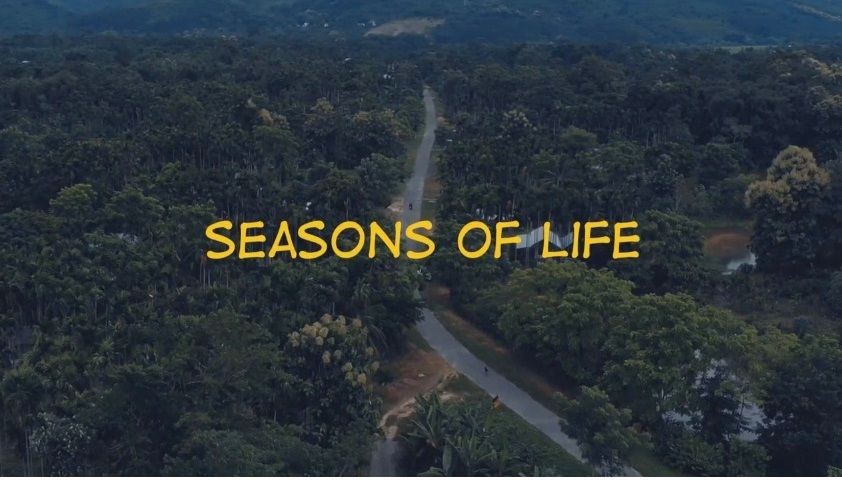
‘Seasons of Life: Foraging and fermenting bambooshoot during ceasefire’ screened on zoom
Morung Express News
Kohima | June 26
“The ceasefire period has coincided with outmigration of youth from villages across the Naga ancestral domain. They carry with them the poignant memories of home, which includes seasonal food like fermented bambooshoot.” This is one of the significant highlights of the directorial debut of Dolly Kikon-“Seasons of Life: Foraging and fermenting bambooshoot during ceasefire” which was screened on Friday evening on Zoom.
Hosted by Zubaan, a feminist NGO that is an active participant, chronicler and publisher of the women’s movement since 1984 in collaboration with Heinrich Boell Stiftung India, the screening was followed by a conversation with Dolly Kikon, Uma Chakravarti and Yirmiyan Arthur. Dolly Kikon impressed upon that the relation Nagas have with forests is very special while highlighting different aspects of the journey of the film. She also observed that post ceasefire, after 1997, we Nagas have entrepreneurship and migration among other things and how with everything getting shut during this pandemic, many people have come back home.
Kikon is a feminist and an anthropologist who teaches at the University of Melbourne in Australia and her work focuses on the political economy of extractive resources, migration, development initiatives, gender relations, food cultures, and human rights in India. She is the author of two books “Leaving the Land: Indigenous Migration and Affective Labour in India” and “Living with Oil and Coal: Resource Politics and Militarization in Northeast India.”
During the conversation, Uma Chakravarti, an Indian historian and filmmaker remarked that “Seasons of Life” is a special genre of films that focuses on food as a way we understand culture and through it, unravels relationships. “What is striking to me is that there are at least 2-3 generation of people. You get the generations of life, and the relationship on that food, and of nature providing something that becomes a sustenance for creating a cycle for living”, she said.
From introduction of nature to foraging life, or featuring women who venture into the forests and sometimes coming across difficult circumstances such as encountering snakes to production of food or the music, which, she noted is “so everyday and nice” that actually highlights the everyday-ness, sustaining human need, Uma Chakravarti said the film manages to capture all of those beautifully.
Yirmiyan Arthur, who is a Photo Editor with the Associated Press, also conveyed that it is a beautiful film with soothing music while touching upon how forest is very important for us and how we need to be preserving it. “We are nothing without our forest and our land”, she asserted. Towards this end, she recalled the time when Naga villages were burnt and how people took shelter in the jungle, or how during this present time of the pandemic, forest still play an important role in providing food. She further pointed out how during the lockdown period, some villages generously shared fresh, organic vegetables with town dwellers, an indication of the connection between food and forest.
Earlier, Urvashi Butalia, Publisher, Zubaan expressed that Dolly’s film is so important. “Seasons of Life” that runs for 11 minutes and 40 seconds, she said is “not only about home, but livelihood, work, gender, domestic relationships between the households, and also a film about poverty and migration.”
Mentioned may be made here that the film was screened under one of the Zubaan NGO’s projects—“Cultures of Peace: Festival of the Northeast, run in collaboration with Heinrich Boell Stiftung India.” The Cultures of Peace project aims to create spaces for conversation on issues relevant to the Northeastern states through the avenue of the arts and culture, i.e. photography, writing and literature, filmmaking, activism, and more.






